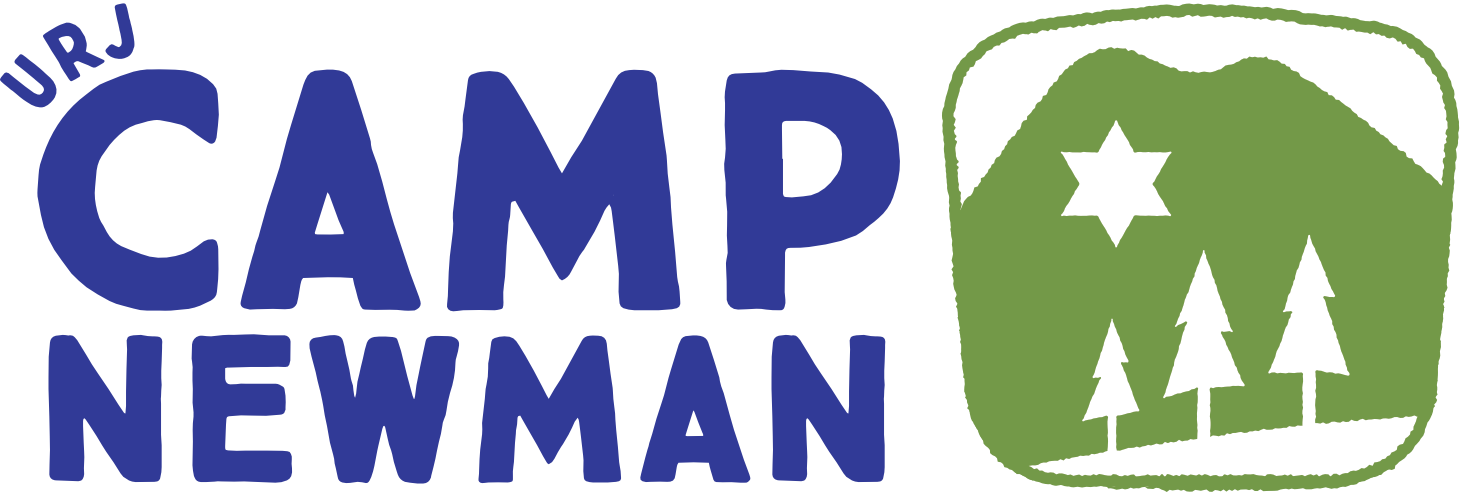By Alaina Yoakum, Director of Marketing & Communication
 When Lena McQuade was 13, she couldn’t wait to have her Bat Mitzvah – but her conservative congregation in San Luis Obispo just wasn’t ready to have a girl on the bimah reading Torah.
When Lena McQuade was 13, she couldn’t wait to have her Bat Mitzvah – but her conservative congregation in San Luis Obispo just wasn’t ready to have a girl on the bimah reading Torah.
“It was a time where I was really discovering Judaism,” explains McQuade, an alumna of both Camps Swig and Newman. “But as women, we weren’t counted in a minyan, and we weren’t allowed to read Torah. It was an awakening for me – that myself and my mom, a Jewish woman, just didn’t count.”
“To be Jewish leaders, you have to read and interpret text – and you can’t do this [as a woman] if you’re excluded,” McQuade explains.
“Who has the power to exclude and include?” This is a question that McQuade has been grappling with ever since – first as a scholar exploring the history of the Bat Mitzvah and how Jewish feminists argued to be included, and today as a professor and incoming chair of the Women & Gender Studies Department at Sonoma State University.
“This is also the question at the heart of racism,” says McQuade, who is back at camp this month, teaching Hevrah campers about racism.
McQuade credits her experience at camp and with Judaism for teaching her how to ask the deep questions. McQuade started as a Rishonim camper at Camp Swig in the early 1990s and then graduated to counselor and then ropes course instructor at both Camps Swig and Newman in the mid-1990s.
“Judaism has taught me not to be afraid to ask questions, and that there are no easy answers,” McQuade says. “I like the idea with the Talmud of interpreting and reinterpreting text to make it more relevant to this world.”
In the same way, McQuade hopes to help our 11th grade Hevrah campers interpret the concept of racism, “and to walk away with deeper questions about what race is, how we define it, the impact racism has on everyone – and ideas on how to resist and transform it.”
Hevrah is Camp Newman’s social justice session, focusing this year on the psychological, biological and physical roots of racial intolerance. Rabbi Jim Kaufman, who is on Hevrah’s faculty and who invited McQuade to teach, said that the campers will be learning what we as human beings do to promote racial injustice, what our legal system does in terms of mass incarceration and voting rights, and how religion can promote discrimination. They’ll also be learning how to lobby at California’s state capitol in Sacramento for some important reform bills that are on the docket right now related to immigrants.
 During McQuade’s discussion with Hevrah, the campers asked her, “what is the most racist story you’ve seen?” She answered that she’s seen horrific examples, but some of the most challenging ones are people who consider themselves to be tolerant or part of the social justice movement who still engage in racism whether overt or covert.
During McQuade’s discussion with Hevrah, the campers asked her, “what is the most racist story you’ve seen?” She answered that she’s seen horrific examples, but some of the most challenging ones are people who consider themselves to be tolerant or part of the social justice movement who still engage in racism whether overt or covert.
Dealing with racism “is a lifelong struggle, it’s multi-generational – it’s a cornerstone of the formation of our country.” McQuade adds that the most racist story is our ongoing story – especially for folks that are white and privileged. It’s learning how to hear our own racist statements, to apologize, commit to learning to do less exclusionary things, to keep trying – it’s a lifelong commitment.
McQuade says she loves being back on Camp Newman grounds in this role – and seeing how the space has transformed with new buildings and lots of new trees. “I loved it here,” McQuade fondly recalls.
She remembers one profound moment when the rabbis had the campers sit together and then unfurled an entire Torah onto their laps to see and touch. Back in San Luis Obispo, the conservative rabbis weren’t ready to do this, but here at camp, the Torah was accessible to all.
